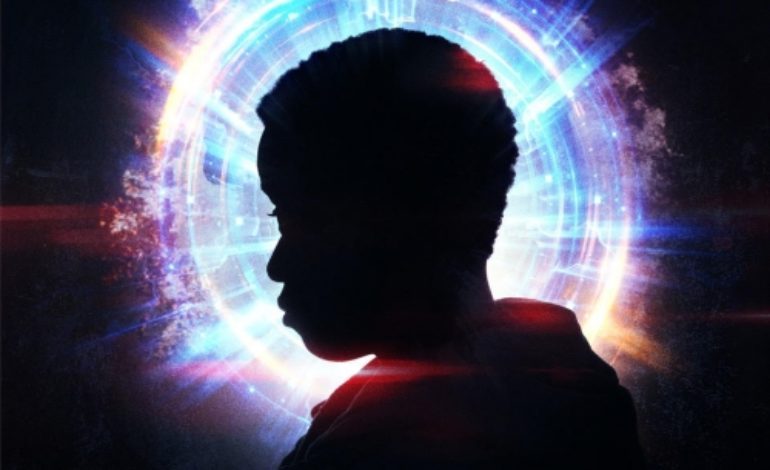

Mogwai’s foray into feature film Sci-Fi
Mogwai’s original soundtrack for the feature film KIN was released on August 31, 2018. Though Mogwai is no stranger to scoring, composing the soundtrack for documentaries like Before the Flood and Atomic, Living in Dread and Promise, the KIN OST is their first soundtrack for a feature film. Stuart Braithwaite, one of the band’s three guitarists, explains his excitement for the project, saying, “it was amazing to do a project that was so different to anything we’ve done before and see how our music fits in a totally different environment to how it’s been used before. The music in the film is some of my favorite Mogwai has ever made and we can’t wait for people to hear it.”
This is quite a grand statement from Braithwaite, considering that Mogwai has released a cornucopia of post-rock projects since their formation in 1995. From Glasgow, Scotland, Mogwai are known for their epic instrumental guitar ballads and anthems that play with suspense and timing. Their debut album Mogwai Young Team set them apart from their peers as prolific players in post-rock. As masters of contrast, Mogwai pumped out albums like Come On Die Young and Mr. Beast that held listeners at the edge of their seats waiting for the steep peaks and troughs that they created solely with instrumental soundscapes.
With their KIN OST, Mogwai applies these soundscapes to a major feature film for the first time. Filled with sci-fi technology and action-packed scenes, KIN would not be the same without the enhancement that the Mogwai’s elegant, genre-bending composition provides. It starts off with “Eli’s Theme,” which features solemn piano melodies that linger and glide over quiet whistles and ambient tones. The piano melody is sparse and uncomplicated, with chords playing out one by one. Though “Eli’s Theme” seems far from the math rock that Mogwai is known for, its languid pace is reminiscent of the opening minutes of early Mogwai epics such as “Like Herod” and “Mogwai Fear Satan.” Perhaps “Eli’s Theme” is only part of the exposition that precedes the rising action and climax so essential to Mogwai’s work.
Sure enough, things begin to build up by the time “Flee” starts playing. It starts off with a steady synth beat and peaceful synth chimes that seem to whirl around, only to be joined by a much more grating electronic synth that digs its heels into the atmosphere. These sounds drone on while lighter notes and textures are added on top. The rising and falling tension can clearly be felt. A light piano and guitar medley are thrown in during the lighter phases, which creates a great deal of contrast when paired with the much more intense parts of the song that are packed with pounding drums and sci-fi synths. By the middle of the song, everything quiets out and makes room for a high-pitched hum ringing away. The piano melody returns, but ever so slightly sour. With squeaks and squeals in the background, all of the different instruments come and go, fading into one another. “Flee” beautifully captures the quintessential Mogwai world of polar opposites somehow paired together effortlessly.
Other highlights like the euphoric strings and crashing drums of “Donuts,” or the solemn but not quite slow melodies and strange electronic oscillations of “Guns Down” are slightly divergent from Mogwai’s discography. Though they still show Mogwai’s experimentations with contrast, they highlight a shift towards relaxed sprawls and dashes of excitement rather than the quiet-loud dichotomy of their older works. The KIN OST’s end title, “We’re Not Done,” does the opposite–it elicits a nostalgic taste of some of Mogwai’s most droning and feedback-filled works with its reverb-laden guitar melodies and its gratifying noisiness. Structurally and tonally, “We’re Not Done” is a blatant dream-rock anthem amidst its mellower predecessors. It closes out the KIN OST on such an infectiously joyful note that could only spell happier times for KIN’s young protagonist.
